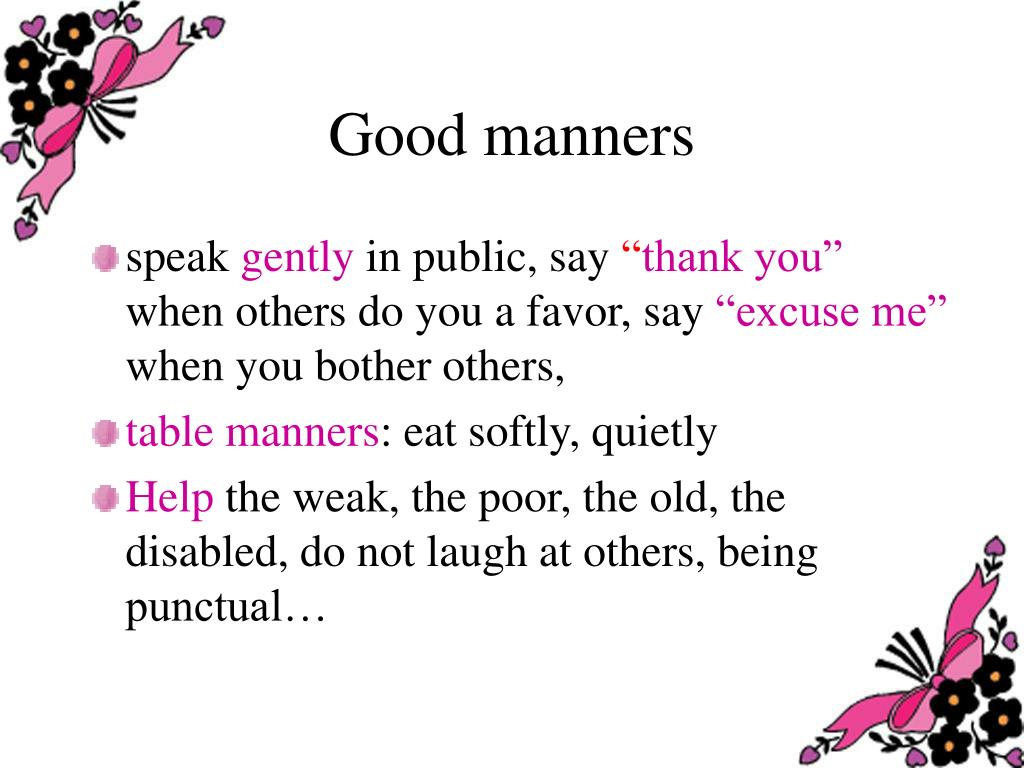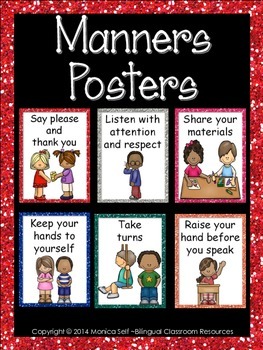

Once you’ve completed your current one, they will ask that you immediately work on the new one. Instead, they are simply saying that they have a new task that they’d like for you to work on. “As soon as you get a chance” replaces “possible” with “get a chance.” It’s a slightly more friendly way of saying that something needs to be completed fairly quickly, and we would appreciate someone’s attention on the matter as soon as they can give it.Īgain, your boss is not asking you to waste time with other tasks first.

At your earliest convenience, could you please make yourself available in my office? As Soon As You Get A Chance.I have a new spreadsheet I need you to sort out at your earliest convenience.I would like to see you working on that document at your earliest convenience.They expect the task to be finished within a certain time frame ( based on the length of the task). It’s just a polite alternative to “as soon as possible,” and you should make sure that the “convenience” suits your boss. You have a chance to finish your current task, but your boss has likely set you a new task with the aim of you completing it promptly.

Instead, if you hear this phrase from your boss, it means you should work on the task as soon as you can. While some people might believe that means that we can work on the task at our own pace, this isn’t common practice. We can ask somebody to do it “at their earliest convenience,” meaning that when they have a spare minute, we would really appreciate their assistance. “At your earliest convenience” is an idiom we use to show that we have an important task lined up. The idea is that they should do so when it is “convenient” to them, but the implication is that we want them to hurry the process along. The preferred version is “at your earliest convenience.” We can politely ask somebody to start working on a new task or project.

It doesn’t matter what method you use, the key to saying these phrases is using the correct tone of voice. It seems like you need some help with that.Wow! Is that the time, I need to a get a move on!.It looks like you are having some trouble, can I help you maybe?.You need to have it finished by (time).Ĭheck your Grammar ›› The Indirect or implying method.We need it no later than the end of (date/time).Please try to finish up in the next few minutes.Please, can you speed up, you are holding everyone up!.You’re a bit behind schedule and need to get moving.Please, if possible could you move a little faster, I am on a tight schedule today.Excuse me, but I am running very late for my next appointment and would appreciate it if you could go quicker.Skype English Lesson with a native AMERICAN or BRITISH teacher ›› The Direct Method Parents only use some of these phrases towards their children or employers towards their employees. Let’s look at the direct method and some examples.


 0 kommentar(er)
0 kommentar(er)
